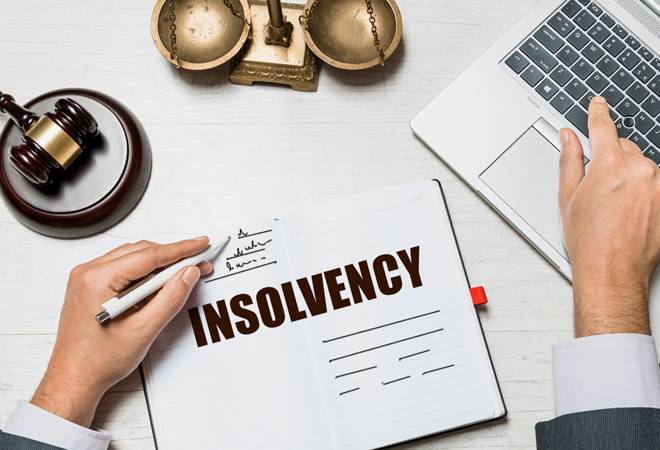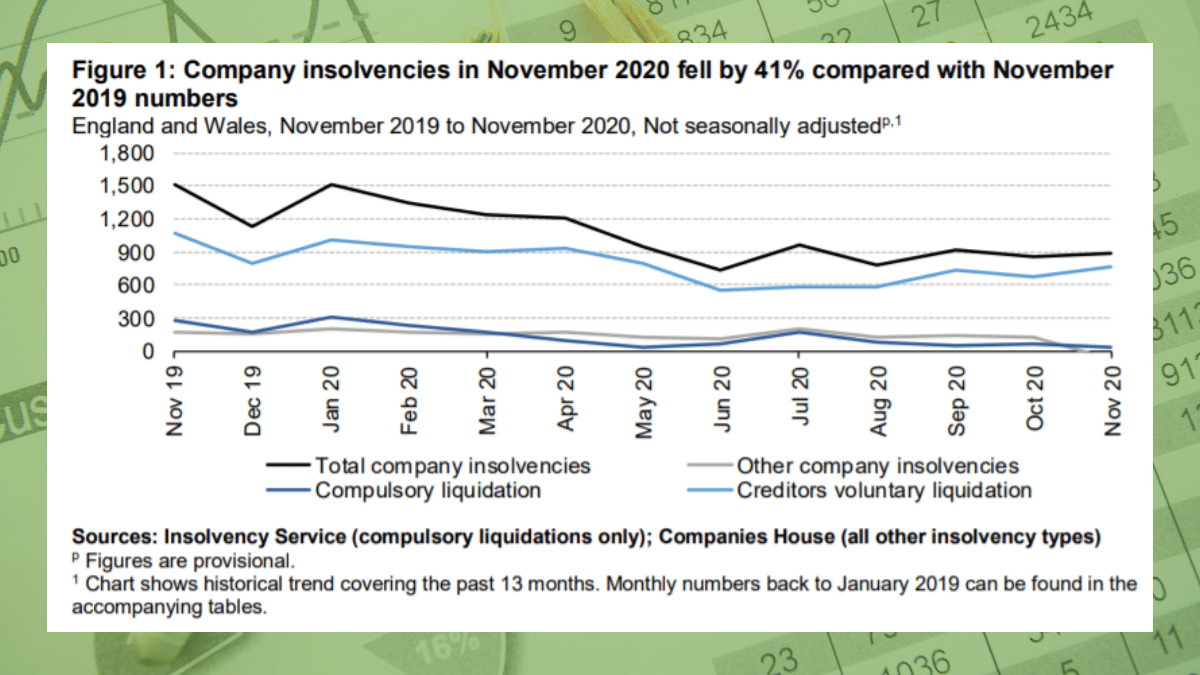The 4-Minute Rule for Insolvency Practitioner
The 4-Minute Rule for Insolvency Practitioner
Blog Article
Some Ideas on Insolvency Practitioner You Need To Know
Table of ContentsGetting The Insolvency Practitioner To WorkThe Single Strategy To Use For Insolvency PractitionerThe Buzz on Insolvency PractitionerTop Guidelines Of Insolvency PractitionerInsolvency Practitioner - The FactsUnknown Facts About Insolvency PractitionerGetting My Insolvency Practitioner To Work
Bankruptcy is when responsibilities are above the worth of the firm, or when a debtor can not pay the debts they owe. A firm can come to be financially troubled as a result of a variety of scenarios that lead to inadequate capital. When faced with bankruptcy, a service or person can speak to financial institutions directly and restructure debts to pay them off.Insolvency can bring about insolvency procedures, in which lawsuit will certainly be taken versus the insolvent individual or entity, and assets may be sold off to repay superior debts. Local business owner may contact creditors straight and restructure financial debts into more convenient installations. Financial institutions are normally responsive to this technique because they desire to be settled and prevent losses, also if the repayment gets on a postponed routine.
Rumored Buzz on Insolvency Practitioner
The proprietor produces a proposal describing just how the financial obligation might be restructured making use of cost decreases or various other prepare for support. The proposal reveals creditors how the organization might create sufficient money flow for rewarding procedures while paying its financial debts. Generally, a forgiven debt may be thought about income by the Irs (IRS).

The Buzz on Insolvency Practitioner
When procedures stop, so does the firm's revenue (Insolvency Practitioner). Some companies become insolvent since their products or solutions don't progress to fit customers' changing requirements.
Expenses surpass revenues and costs stay overdue. Kinds of insolvency consist of cash-flow insolvency and balance-sheet bankruptcy. Cash-flow bankruptcy occurs when a business has the properties to cover their financial debts however they remain in the incorrect form, such as property instead of fluid funds. Balance-sheet insolvency, on the various other hand, shows an absence of assets in any kind of form to cover financial debts.
The IRS states that a person is insolvent when the complete responsibilities go beyond overall properties. A personal bankruptcy, on the various other hand, is an actual court order that shows how a bankrupt individual or business will pay off their creditors, or how they will sell their properties in order to make the payments.
Insolvency Practitioner - An Overview

Financial obligation consolidation is when you integrate several financings right into one new car loan, often to attain much better terms. Insolvency is not the same as insolvency, although a company that has come to be bankrupt might declare bankruptcy. Bankruptcy is the state of not being able to pay your responsibilities while insolvency is a lawful procedure to discharge your financial debts.
Recognizing the factors that can lead to insolvency, such as overspending, can help you avoid insolvency and its consequences.
Fascination About Insolvency Practitioner
It is well known that directors and police officers of firms (and supervisors of restricted obligation firms) owe fiduciary responsibilities to their companies and their shareholders (or members). These fiduciary commitments are specified by state statutes and, though there are variations from one state to another, they usually consist of a responsibility of loyalty and a duty of treatment.
The responsibility of treatment requires supervisors and officers to exercise persistance, to make enlightened choices, and to act in great faith to ensure that their actions are in the very best passion of the business. Though beyond the range of this discussion, some states allow these obligations to be limited either by so noting in the business records or abiding by other demands.
What Does Insolvency Practitioner Do?
A lot of states define insolvency in 2 means( 1) when a company's responsibilities become higher than the sum read of its properties or (2) when the business becomes unable to pay its debts as they become dueand embrace both meanings (Insolvency Practitioner). The change in obligations occurs because when a company is insolvent, there is no worth in the firm beyond that owed to the business's lenders so that the equity owners no more have an economic risk in the business
Take care regarding providing shareholders favoritism at the expense of creditors (e.g., authorizing and funding a reward or a supply redemption). Beware regarding favoritism in between courses of investors. Clear up efforts to find out all the truths before taking a details strategy; supervisors must genuinely believe that any kind of decisions made are in the most effective interests of the firm in its whole (i.e., decisions will be examined in hindsight due to the impact of such activities on the firm).
In any kind of insolvency or insolvency case, settlements made to specific creditors at the cost of various other creditors can be clawed back, specifically if there is some link between the business and the lender. Consider recommending at a yearly investor meeting (or any type of various other meeting of shareholders) a resolution verifying that all prior service decisions and actions taken by the directors and officers of the company were taken in great belief after an exercise of sensible treatment.
Little Known Questions About Insolvency Practitioner.
Fully reveal any individual or business partnerships with celebrations on the other side of purchases involving the corporation to avoid the look of a problem of passion. investigate this site In reviewing prospective fund increasing transactions or a sale of assets of the distressed firm, know that these deals might be scrutinized later on because of any kind of subsequent expansion of supervisors' fiduciary responsibilities to include creditors.
Report this page